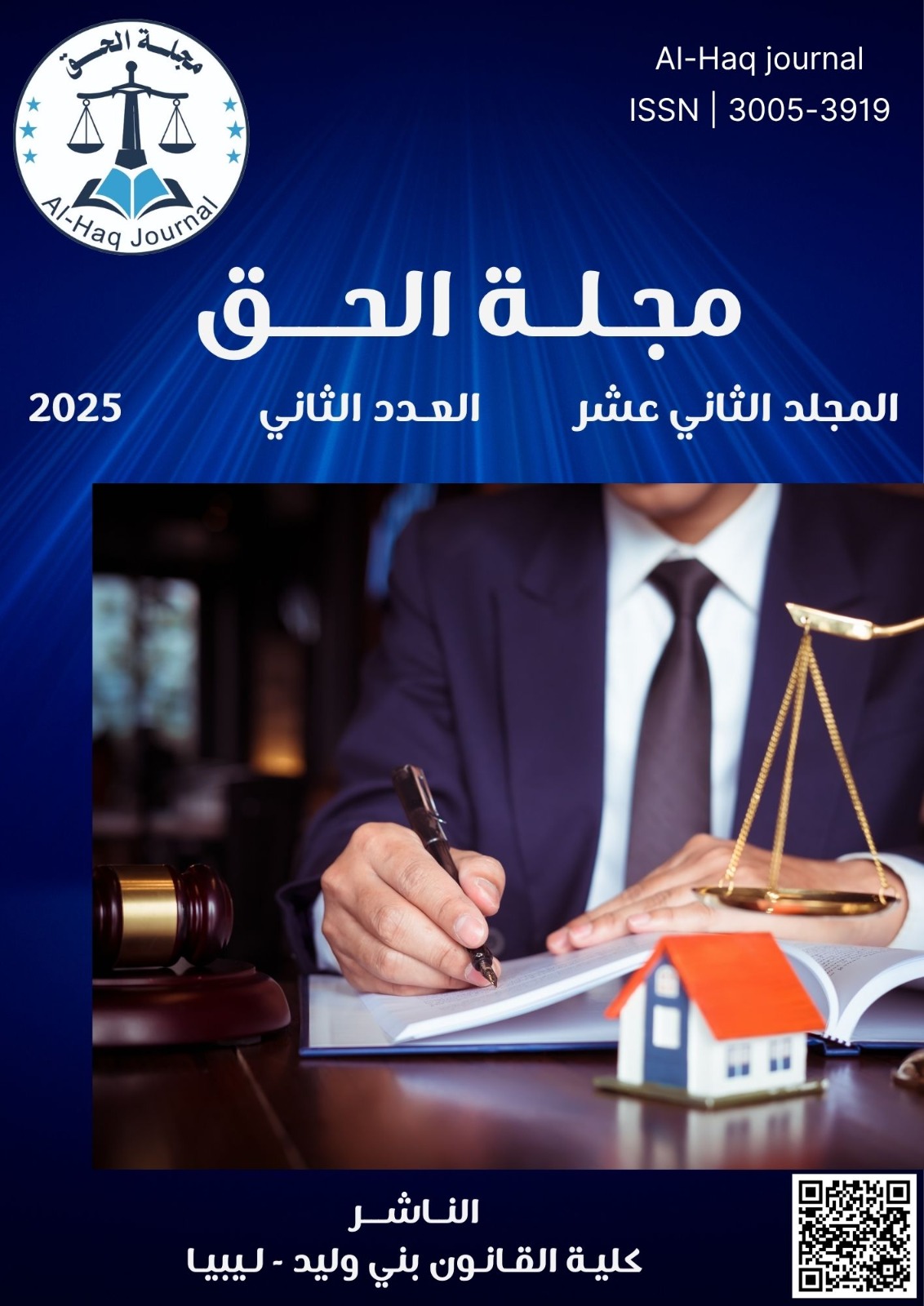Artificial intelligence and diplomacy: A radical transformation in international relations
DOI:
https://doi.org/10.58916/alhaq.v12i2.395Keywords:
Artificial intelligence, digital diplomacy, geopolitical shifts, diplomacy, autonomous weapons, international crisis managementAbstract
This research paper aims to analyze the profound impact of artificial intelligence (AI) on traditional diplomacy and international relations. It posits that integrating AI into diplomatic practices will enhance the efficiency and effectiveness of negotiation, decision-making, and crisis management mechanisms. However, it will also raise new challenges related to accountability and transparency. Furthermore, current international legal frameworks are ill-equipped to keep pace with these rapid developments, creating legal gaps and posing security and ethical risks. The increasing proliferation of AI is expected to reshape the global balance of power, necessitating new strategies for international cooperation and adaptation. The methodology employed in this research is analytical, examining the impact of AI on various aspects of diplomacy and international relations, complemented by case studies. A comparative approach will also be used to analyze ethical and legal challenges, while exploring future scenarios. The expected outcomes aim to provide a comprehensive perspective that integrates strategic foresight and legal analysis, along with practical recommendations for states and international organizations.
Downloads
Downloads
Published
Issue
Section
License

This work is licensed under a Creative Commons Attribution-NonCommercial 4.0 International License.









